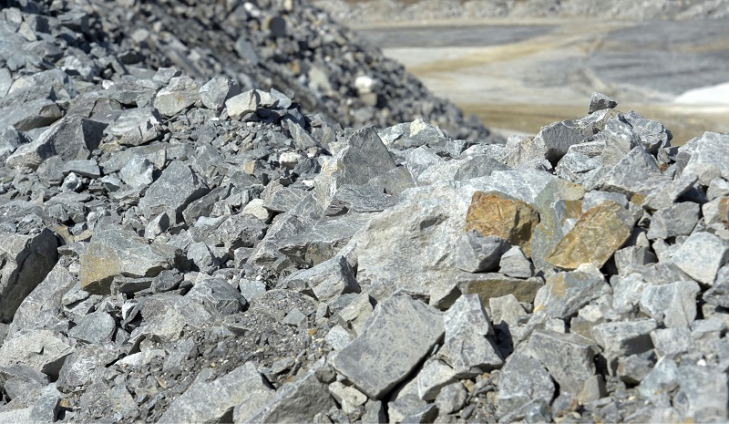There are three issues on which we wish to make comments additional to those in our statement of yesterday, Monday, 11 December 2023.
The first two relate to suggestions made by Bright Simons (which he says are shared by some CSOs) about formulae for increasing royalty and state equity for projects which achieve higher than prescribed rates of return for the investor.
We think both suggestions have merit in principle and wish to address them briefly. We are in broad agreement with the suggestion that the royalty rate of 10% be a minimum, with a sliding scale formula which captures increased profitability along the prescribed scale.
But we would propose that, for ease of administration, the variation should be simply based on price rather than on operating margin. That is, the royalty rate will vary with the market price of say, lithium carbonate, but never to fall below 10%.
We also agree with the suggestion that a formula be worked out by which the government has an option to increase its equity interest in the mining company on favourable terms after the investors have recouped their investment.
The third issue is one we raised in the last paragraph of yesterday’s statement, though not in detail. There we proposed that we should do for lithium and other green minerals as was done in the 1970s about the bauxite deposits at Kyebi and Nyinahin.
Then government with the assistance of Hungary and Russia (the Soviet Union then) had feasibility studies conducted on the deposits. Those studies established reserves, ore metallurgical characteristics and other relevant data, and concluded that commercially feasible projects could all be built in Ghana based on the bauxite deposits.
The projects included alumina and aluminium metal production plants, metal fabrication and other finished-product plants (such as that of Aluworks). With the reports of those feasibility studies the then government's bargaining position was so strengthened that it was able to institute the policy that no raw bauxite from those two deposits would be allowed to be exported; that at least the first stage conversion from bauxite to alumina will have to be done in Ghana.
No doubt it is on account of government being the owner of those feasibility data that today the government is able to maintain the policy of “no export of raw bauxite” in relation to those deposits. That is the sort of policy that we think would be most beneficial for the country in relation to lithium and other green minerals, irrespective of the form of agreement under which the resource is mined.
In that case we would be in a much stronger bargaining position in negotiations with potential investors. This would be especially so when it comes to downstream processing of products which, apart from adding value, allows the local mining industry to be more fully integrated into the national economy.
Tuesday, 12 December 2023
Latest Stories
-
VRA sets the benchmark in African public procurement
29 minutes -
MPs could vote on English Premier League free-to-air plan
41 minutes -
$100m legal war erupts between E&P and Azumah Resources
51 minutes -
Nigerian agency fines Multichoice $501,340 for data privacy breaches
1 hour -
Nigerian banks resume naira debit card use abroad after 3-year pause
1 hour -
How ‘monster’ Silva, 40, is inspiring Fluminense
1 hour -
‘It’s business, not crime’ – GMP fights back over fraud claims
2 hours -
ADB introduces 24-hour service at Tema Habour
2 hours -
I don’t have strength to be with only one woman – Don Jazzy
2 hours -
24-Hour Economy must compete, not just produce – GNCCI CEO cautions
2 hours -
No one buys just because it’s from a 24-Hour Economy, says Mark badu-Aboagye
3 hours -
24-Hour Economy without cheaper power and credit is a mirage – GNCCI Boss
3 hours -
24-Hour Economy alone won’t fix harsh business environment – Mark Badu-Aboagye cautions
4 hours -
‘I don’t take this as a win’ – Sinner on Dimitrov match
4 hours -
Wimbledon announces change after line call controversy
4 hours

